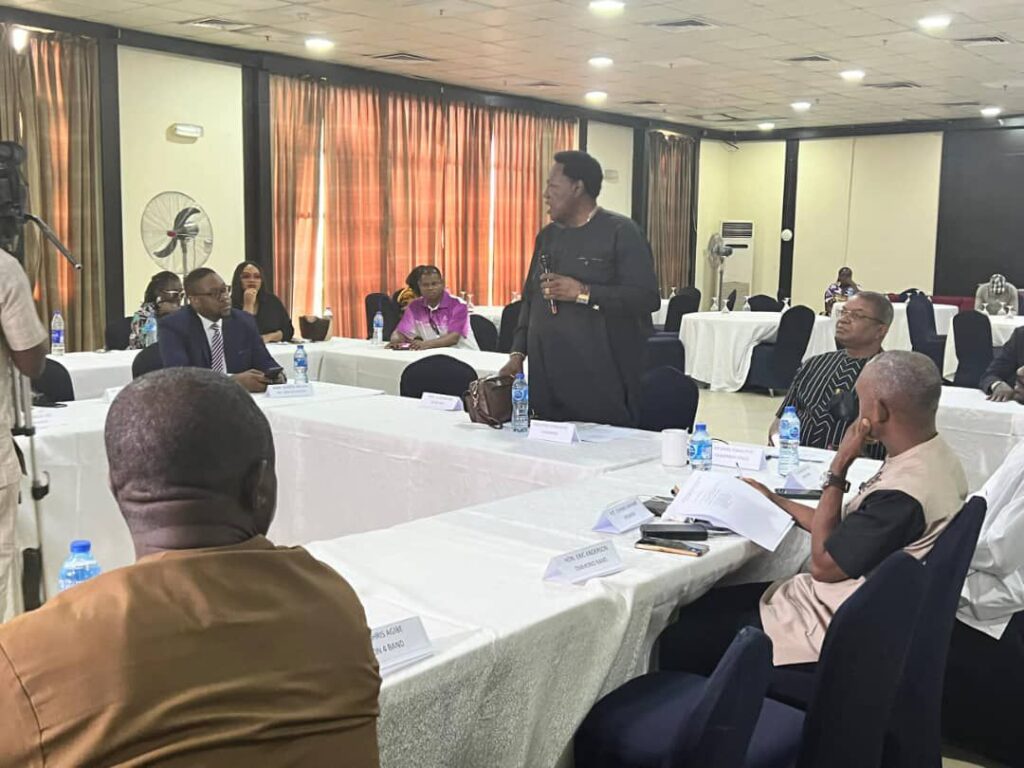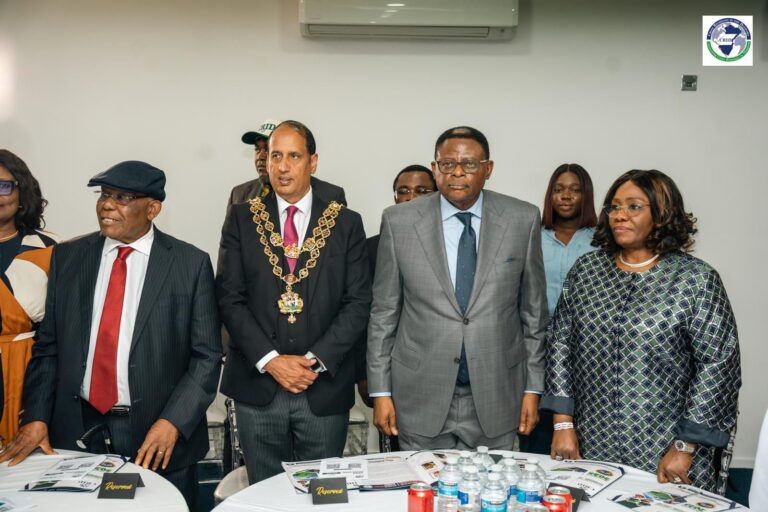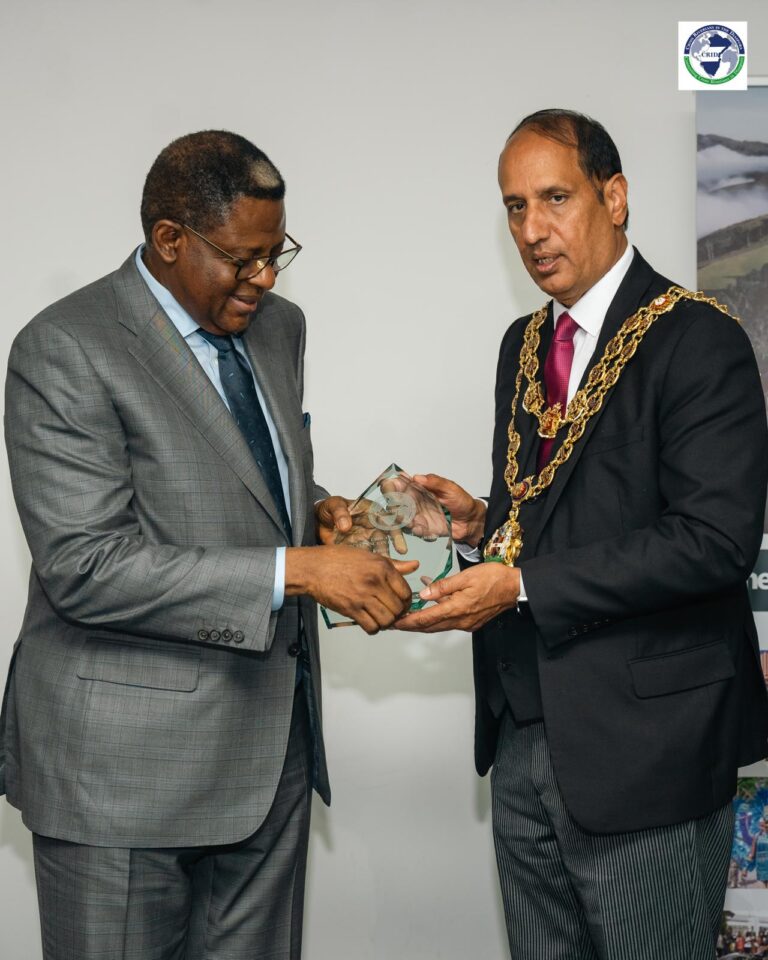
The journey toward revitalizing the iconic Carnival Calabar and Festival took a significant leap forward as key stakeholders gathered in Calabar to strategize on its future sustainability, financial viability, and global positioning.
The five days meeting approved by the Governor, Senator Bassey Edet Otu is known as Carnival Calabar and Festival Contents Review Committee is headed by High Chief Edem Duke, a former Federal Minister of Tourism and draws participation from various stakeholders.
In his address at the meeting, which began Thursday in Calabar, High Chief Edem Duke, expressed gratitude to Governor Bassey Otu for appointing him to lead a committee of tourism experts, pledging the review committee’s commitment to reshape the carnival into an engine for the state’s development.
High Chief Duke emphasized the need for the committee to establish a sustainable framework that ensures the carnival’s longevity.
He also highlighted the importance of stakeholder engagement, financial strategies, and private-sector partnerships to secure long-term success.
Congratulating committee members on their appointment, Duke, who is also a Band leader of one of the seven competing bands that feature in the carnival, underscored the need to reposition the carnival as a tool for economic and cultural growth, encouraging members to work toward a self-sustaining model. He said the target is to achieve a new era of culture, tourism, and global appeal with the Carnival Calabar Festival.
The Chairman of the State Carnival Commission, Mr. Gabe Onah, expressed appreciation to committee members for their dedication. He reinforced the vision of creating a legacy that future generations would inherit.
Onah introduced committee members from various countries and professional backgrounds, emphasizing the need for cultural integration, financial stability, and international recognition.
Highlighting key governance principles for the carnival, he proposed: Cultural Organization — strengthening cultural integration to attract global attention; Financial Viability — expanding sponsorship opportunities, leveraging digital marketing, and reducing dependence on government funding; International Expression — positioning Calabar Carnival as an international tourism attraction; and Preservation of Heritage — establishing a carnival museum to document and promote its rich history.
Onah stressed that while the government may not directly compete with the private sector, it should facilitate and encourage private-sector involvement to enhance the carnival’s effectiveness.
The Commissioner for Justice and Attorney General of the State, whose insights were crucial to the discussion, emphasized the need for legal and structural reforms to ensure the carnival operates within a well-defined framework. He stressed that clear governance structures would help in securing long-term investments and partnerships.
The Commissioner highlighted the importance of intellectual property protection for the carnival’s branding, urging stakeholders to formalize legal frameworks that protect the event’s commercial interests.
He also called for greater regulatory oversight to ensure that carnival activities remain within ethical and legal boundaries, reinforcing the commitment to cultural integrity and responsible entertainment.
A stakeholder, Dr. Maurice Ekong, representing the Masta Blasta Band, gave a comprehensive review of the past two decades, celebrating milestones and addressing financial challenges. He emphasized the urgent need for a dedicated Carnival Village to streamline operations.
In his submissions, he stated, “Financial investments and resources for competing bands should be addressed for the carnival’s sustainability.”
A representative from the Freedom Band, Dr. Iyam Ugot, raised the issue of the ownership structure of carnival bands, urging clarity to ensure financial accountability. He emphasized the need for budgetary support, adding that many bands exceed the funds provided by the government.
Ugot revealed that while bands have received over ₦500 million in funding, essential infrastructure such as trucks remains unavailable. He advocated for band slots at the Christmas Village to attract new members and suggested online voting to complement judges’ decisions, ensuring greater transparency.
The wife of former Governor Donald Duke and the leader of the Bayside Band, Mrs. Onari Duke Esq., who joined virtually, highlighted the increasing commercialization of the carnival while suggesting a structured approach and sharing the details.
She referenced the financial success of entertainment platforms like Big Brother Nigeria, proposing that the carnival could adopt similar strategies for profitability.
She emphasized the need to encourage global brands to advertise on the carnival platform, develop carnival-themed merchandise, ensure sustainability in costume production, and expand the carnival’s reach through online platforms.
Pastor Jonnie Akpanke acknowledged concerns about the carnival’s perceived promotion of religiously intolerant displays and proposed the incorporation of gospel-themed content to balance entertainment with moral values. He stressed that the carnival could thrive without sensationalism, advocating for a cultural reorientation.
Another tourism expert, Ambassador Ikechi Uko, pledged support for the idea of a structured financial model to maximize economic benefits with private sector interests.
Carnival Calabar: 20-Year Review Sets Stage for Global Renaissance
Several recommendations emerged from the deliberations, including: finalizing a government structure for the carnival’s administration; strengthening private-sector participation; developing a dedicated Carnival Village and Museum; expanding international partnerships to boost visibility; engaging experts for strategic implementation; calling on Governor Bassey Otu to meet with band leaders; and ensuring the Calabar Carnival Band Association (CCBA) plays a key role in promotions.



